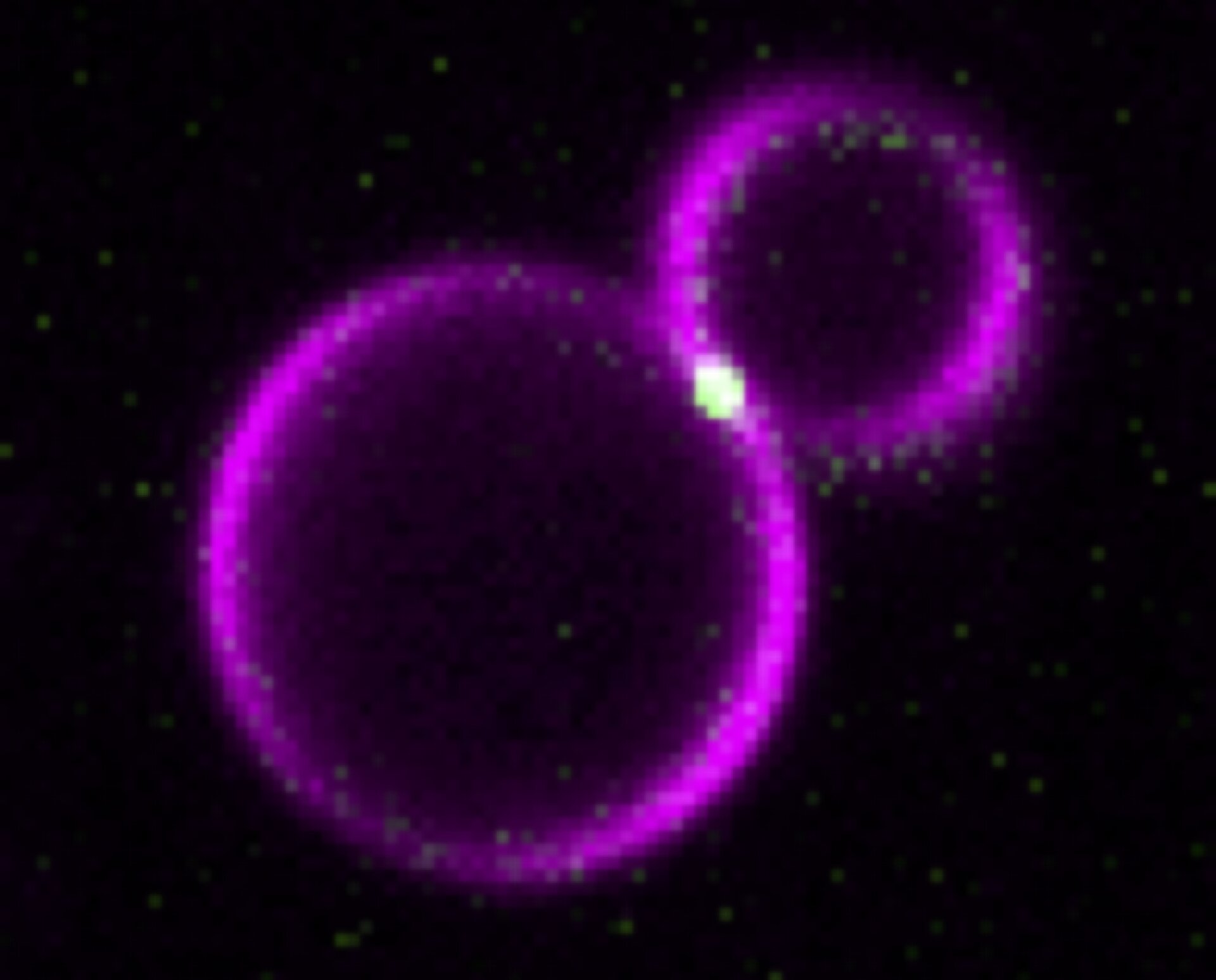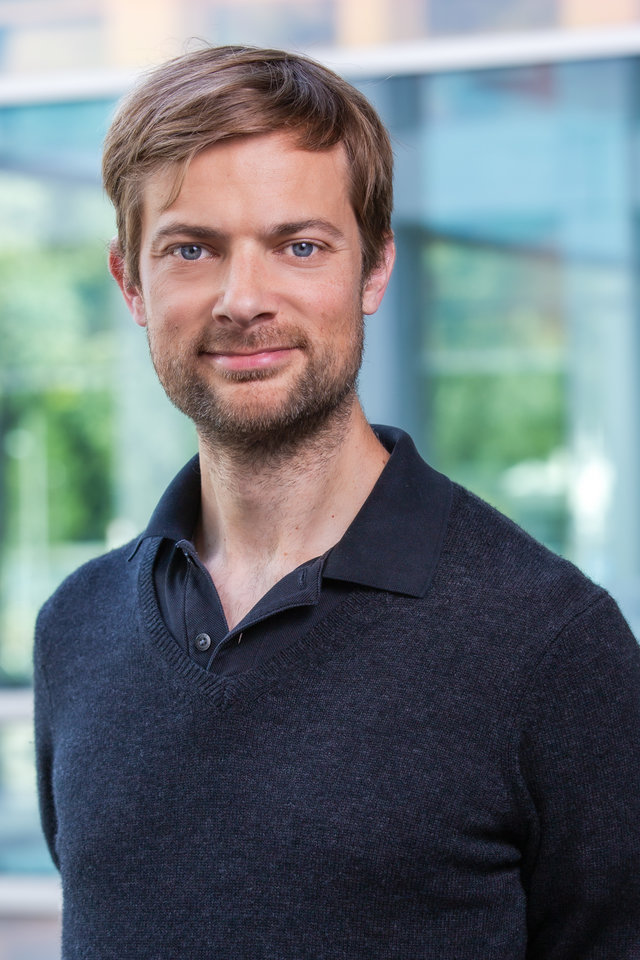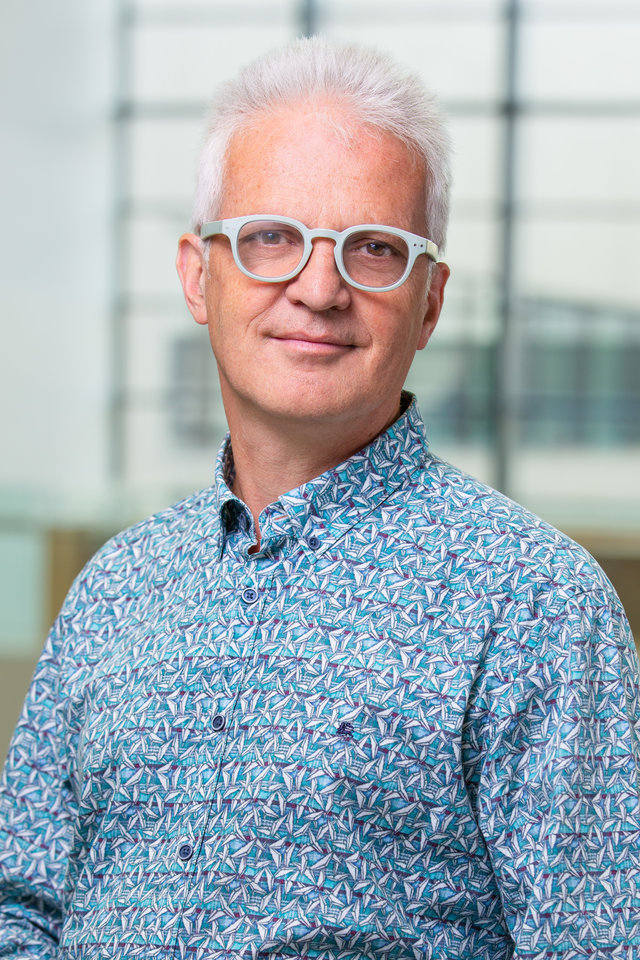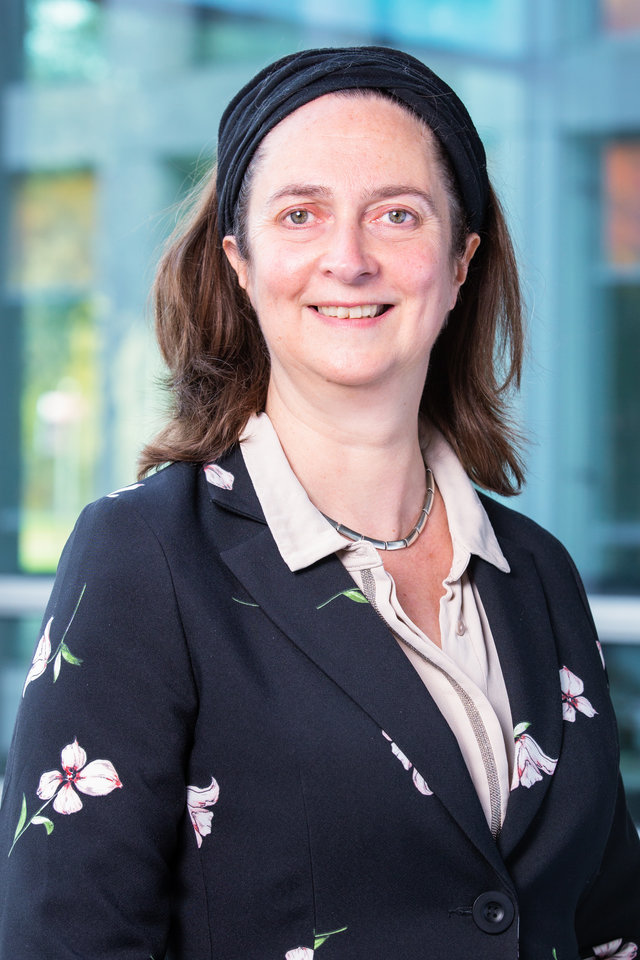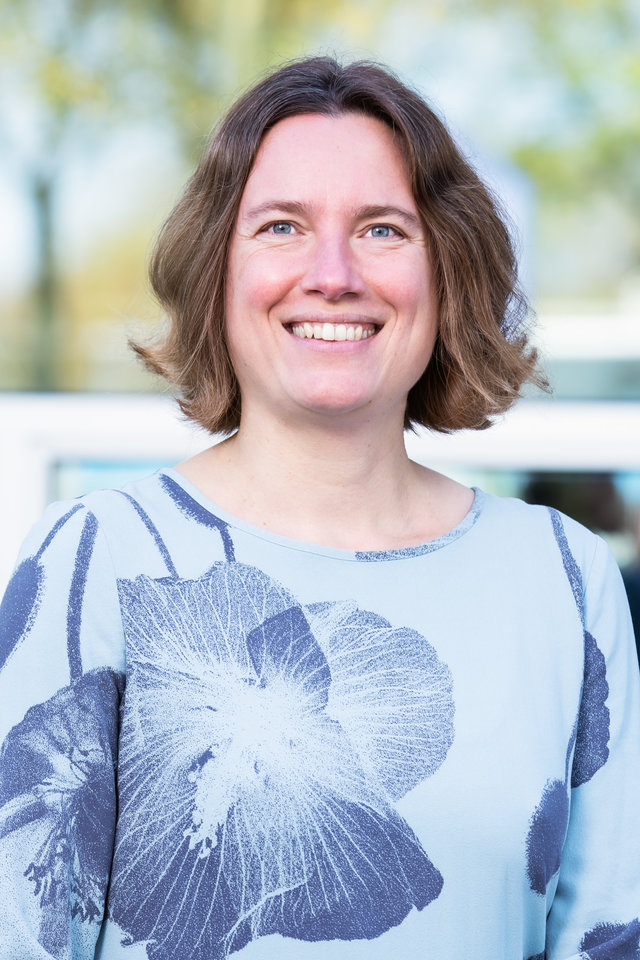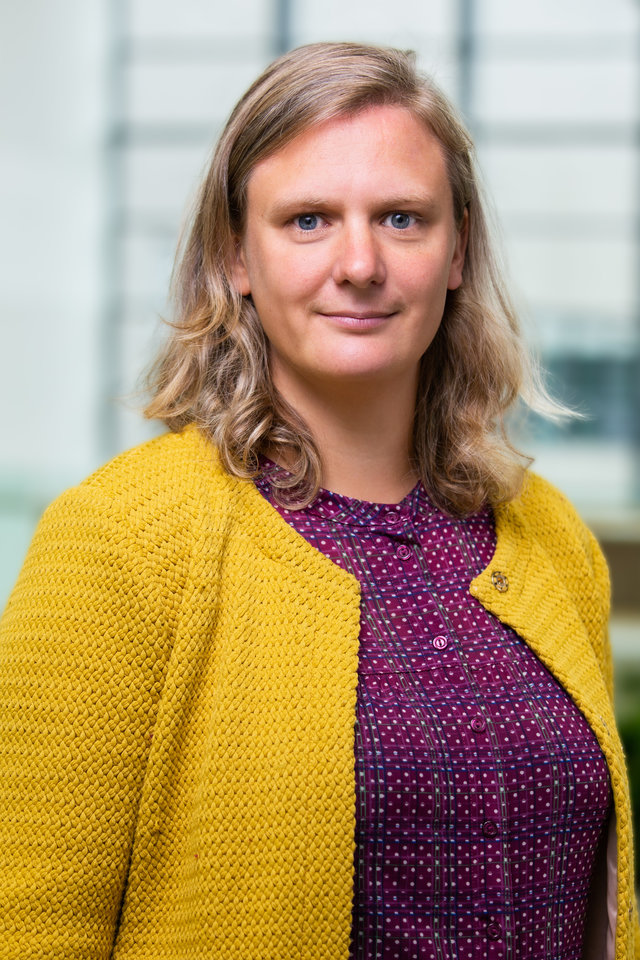Synthetic Cell
Our department has been pioneering bottom up synthetic biology research, specifically with research aimed at the grand aim of building an autonomous, self-reproducing, alive synthetic cell from lifeless molecular components. Much of our research focusses on cell growth and division. We are also leading large national programs like BaSyC (Building a Synthetic Cell) and EVOLF (evolving life from nonlife) as well as the European SynCellEU network.
"Our CDlab aims to constitute, from the bottom up, synthetic cells that can autonomously divide. Our main interest lies in cell growth and division, spatial and cell-cycle control, and chromosome structure and segregation. We use microfluidic labs-on-a-chip to generate and manipulate liposomes with in vitro reconstituted protein networks."
''The Koenderink lab aims to push bottom-up reconstitution towards minimal synthetic cells with a cytoskeleton to drive life-like functions such as cell division, migration and tissue formation. We use quantitative biophysical methods to understand the mechanisms by which the cytoskeleton and cell membrane together control cell mechanics and active cell shape changes.''
''Our goal is to reconstitute Cdc42-based pattern formation using yeast proteins. More generally we are interested in the role of specificity, compatibility, multivalency and polymerization in pattern formation and how they contribute to the robustness of pattern formation.''
